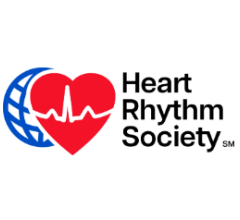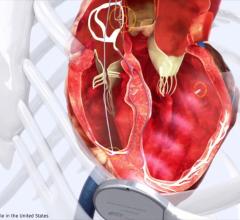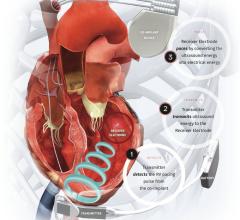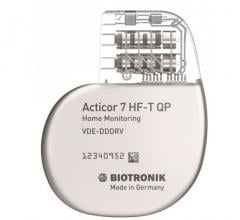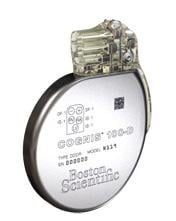
May 5, 2011 – A new warranty program is available in the United States that covers Boston Scientific’s cardiac resynchronization defibrillator (CRT-D) devices and leads in the event of chronic phrenic nerve stimulation (PNS).
"Under the program, implanting centers in the U.S. can qualify for a full refund if they have to replace a Boston Scientific Cognis CRT-D device, attached to any Boston Scientific bipolar left ventricular (LV) lead, with a competitive device due to unmanageable PNS within six months post-implant," said Hank Kucheman, executive vice president and group president, cardiology, rhythm and vascular for Boston Scientific. "With this warranty program, we are firmly standing behind the performance of our CRT-D devices and LV lead portfolio to ensure patients get the heart failure therapy they need without complications related to phrenic nerve stimulation."
PNS is an occasional complication of CRT therapy due to close proximity of the phrenic nerve to the desired pacing location in the left ventricle. It causes the diaphragm to contract, resulting in a "hiccup-like" sensation and patient discomfort. To avoid PNS when it occurs, physicians attempt to reprogram the device to use a different pacing configuration. If this fails to correct the issue, physicians must manually reposition the lead (insulated wire used to stimulate the heart) into a new location. If PNS manifests after the implant procedure has been completed, lead repositioning would require a second surgery.
"This warranty is based on confidence in our CRT-D system's performance and physicians' ability to avoid PNS when using it," said Kenneth Stein, M.D., chief medical officer, cardiac rhythm management for Boston Scientific. "Physicians must also consider the entire system when choosing which device to implant. Boston Scientific has the smallest and thinnest high-energy devices on the market with excellent longevity and proven long-term lead reliability. Our clinical evidence also shows our Latitude remote monitoring system helps physicians manage their heart failure patients."
ELECTION trial data, recently published in Europace, demonstrated that Boston Scientific bipolar LV leads and devices, with Electronic Repositioning and three proprietary pacing configurations, successfully avoided PNS. In particular, the study reported:
Boston Scientific's bipolar CRT system successfully avoided PNS without lead repositioning more than 95 percent of the time during the acute implant procedure. In addition, in the ELECTION trial, not a single patient required re-operation to reposition a lead due to chronic PNS. St. Jude's published data indicated an ability to avoid PNS with its quadripolar lead between 89 percent and 95 percent of the time.
Real-world performance data showed that current Boston Scientific bipolar LV leads have an acute dislodgement rate of less than 1 percent within 30 days post-implant (0.90 percent based on latest Product Performance Report). St. Jude's quadripolar lead had a dislodgement rate of 3.7 percent in a published study.
Additional study data evaluating St. Jude's bipolar and quadripolar LV leads, include:
Available quadripolar data showed that physicians programmed the two distal electrodes as the cathode instead of the proximal electrodes, essentially programming it as a bipolar lead 96 percent of the time.
St. Jude's published data indicated no significant differences in implant time, fluoroscopy time or LV lead implant time between its quadripolar and bipolar LV lead cases.
For more information: www.bostonscientific.com


 July 21, 2025
July 21, 2025 
